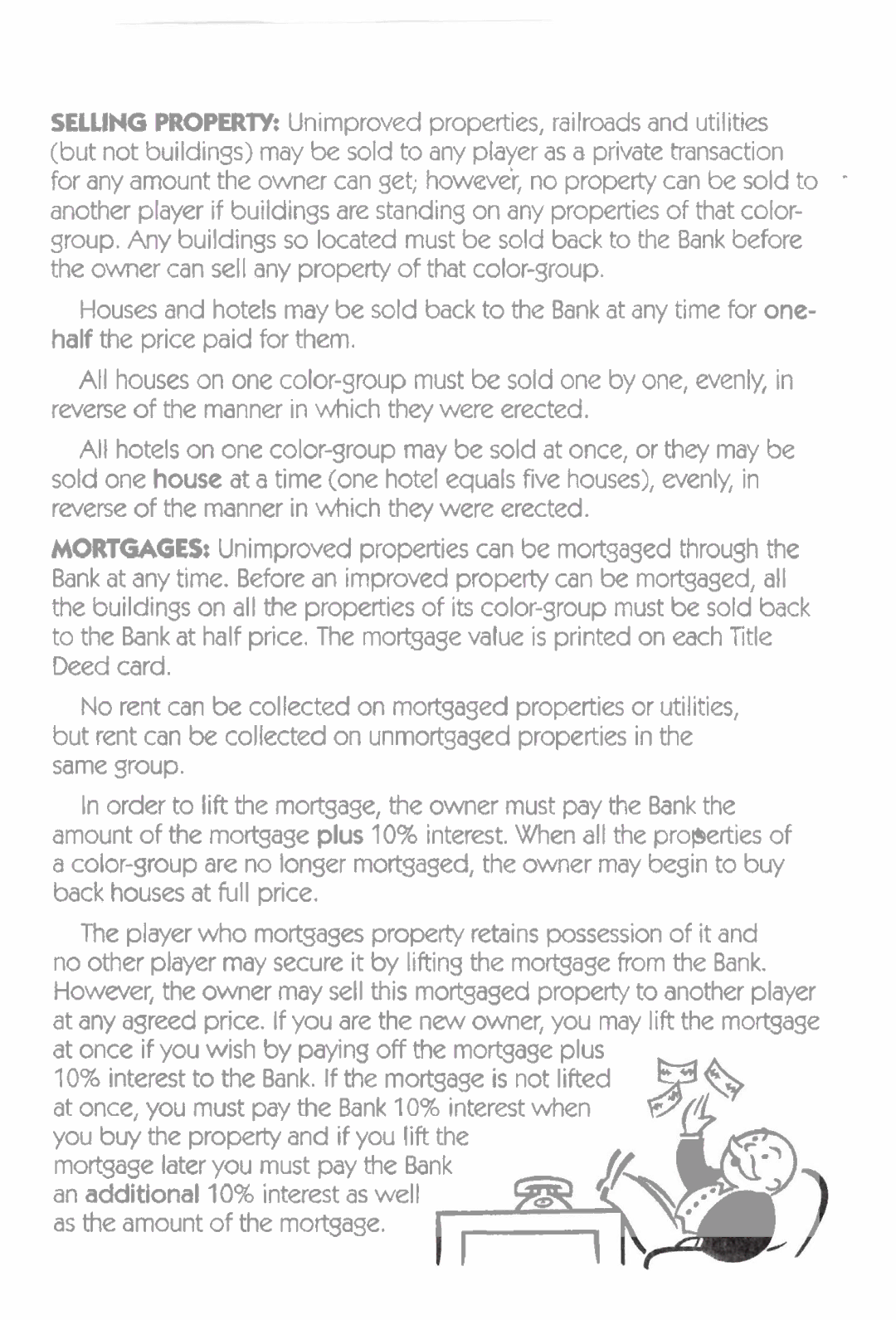Monopoly specifications
Hasbro Monopoly, an iconic board game that has captured the hearts of players for generations, combines strategy, negotiation, and chance in a fun and competitive environment. First introduced in 1935, Monopoly has evolved significantly over the years, with various editions and technological adaptations that reflect its enduring popularity.One of the main features of Hasbro Monopoly is its gameplay mechanics, which revolve around real estate transactions. Players move around the board using dice rolls, purchasing properties, developing them, and collecting rent from opponents. The goal is to bankrupt other players, leveraging savvy trading skills and strategic investments. This core structure remains unchanged, making it easy for new players to learn while offering depth for seasoned strategists.
The design of the game board—featuring distinct properties, railroads, and utilities—allows for thematic editions that appeal to diverse interests. From classic city settings to pop culture collaborations like "Monopoly: Star Wars" or "Monopoly: Fortnite," the game continues to attract a broad audience. The rich artwork and intuitive layout enhance the immersive experience, drawing players into a world filled with opportunity and rivalry.
In recent years, Hasbro has embraced technology, introducing digital adaptations of Monopoly. These versions often feature interactive apps, allowing players to engage in traditional gameplay with added modern conveniences. Touchscreen interfaces and online multiplayer options enable friends and family to connect remotely, overcoming geographical barriers. Digital versions often streamline gameplay by automating transactions and keeping track of stats, making the game more accessible to all ages.
A key characteristic of Hasbro Monopoly is its emphasis on social interaction. The negotiation aspect encourages players to trade properties, negotiate deals, and often form temporary alliances. These dynamics foster communication and can lead to memorable moments filled with laughter and tension.
Additionally, Hasbro has made efforts to modernize the game in terms of inclusivity. Newer editions may feature updated currency, diverse representation, and rules that cater to varying player preferences, such as shorter playtimes or cooperative modes. This commitment to evolving the game ensures that Monopoly remains relevant in today’s gaming landscape.
In summary, Hasbro Monopoly is a time-honored game that beautifully balances strategy, social interaction, and technological advancements. Its multifaceted appeal continues to make it a staple in households worldwide, allowing players of all ages to experience the excitement of buying, trading, and monopolizing their way to victory.

